Tag Archive: Monetary Policy
Weekly Market Pulse: What Now?
The yield curve inverted last week. Well, the part everyone watches, the 10 year/2 year Treasury yield spread, inverted, closing the week a solid 7 basis points in the negative. The difference between the 10 year and 2 year Treasury yields is not the yield curve though. The 10/2 spread is one point on the Treasury yield curve which is positively sloped from 1 month to 3 years, negatively sloped from 3 years to 10 years and positively sloped again...
Read More »
Read More »
Central Bank Fest
Next week is the last big week of the year, and what a week it will be: Five major central banks meet and at least nine from emerging market countries. Norway's Norges Bank is the most likely major central bank to hike its key (deposit) rate (December 16). It would be the second hike of the year. The economy is enjoying a solid recovery, and headline inflation rose to 4.6% in November, its fastest pace since 2008. The underlying rate, which...
Read More »
Read More »
Weekly Market Pulse: Discounting The Future
The economic news recently has been better than expected and in most cases just pretty darn good. That isn’t true on a global basis as Europe continues to experience a pretty sluggish recovery from COVID. And China is busy shooting itself in the foot as Xi pursues the re-Maoing of Chinese society, damn the economic costs.
Read More »
Read More »
Jobs (US) and Inflation (EMU) Highlight the Week Ahead
The new covid variant and quick imposition of travel restrictions on several countries in southern Africa have injected a new dynamic into the mix.
Read More »
Read More »
Weekly Market Pulse: Perception vs Reality
It was the best of times, it was the worst of times… Charles Dickens, A Tale of Two Cities Some see the cup as half empty. Some see the cup as half full. I see the cup as too large.
Read More »
Read More »
“Die Nationalbank ist an vielen Fronten gefordert (Challenges for the Swiss National Bank),” NZZ, 2021
Should the SNB follow the Fed and the ECB and rework its strategy? There is a case for rethinking the broad inflation target, the monetary policy concept, and the communication strategy. Equally important is a strategy review outside of the SNB: The SNB cannot and must not decide about the framework within which it operates.
Read More »
Read More »
Quantitative Easing: A Boon or Curse?
Central banks’ massive Quantitative Easing (QE) programs have come under scrutiny many times since the central banks fired up the printing press and began quantitative easing programs en masse after the 2008-09 Great Financial Crisis.
However, the increase in central bank assets due to quantitative easing programs during the crisis pale in comparison to the QE programs during the Covid pandemic.
As economies recovered after the...
Read More »
Read More »
Printing Money in Times of Corona
The coronavirus has dominated all of our lives in recent months. Radical paths were taken by politicians in the form of lockdowns to contain the pandemic. But we should recognize that even if the coronavirus is a (major) challenge for us, we always have to keep a holistic view of world events.
Read More »
Read More »
Nine Percent of GDP Fiscal, Ha! Try Forty
Fear of the ultra-inflationary aspects of fiscal overdrive. This is the current message, but according to what basis? Bigger is better, therefore if the last one didn’t work then the much larger next one absolutely will. So long as you forget there was a last one and when that prior version had been announced it was also given the same benefit of the doubt.
Read More »
Read More »
“Dirk Niepelt im swissinfo.ch-Gespräch (Interview with Dirk Niepelt),” swissinfo, 2020
Swissinfo, December 14, 2020. HTML, podcast.
We talk about CBDC, the Swiss National Bank, whether CBDC would render it easier to implement helicopter drops, and how central bank profits should be distributed.
Read More »
Read More »
Why Aren’t Bond Yields Flyin’ Upward? Bidin’ Bond Time Trumps Jay
It’s always something. There’s forever some mystery factor standing in the way. On the topic of inflation, for years it was one “transitory” issue after another. The media, on behalf of the central bankers it holds up as a technocratic ideal, would report these at face value. The more obvious explanation, the argument with all the evidence, just couldn’t be true otherwise it’d collapse the technocracy right down to the ground.And so it was also in...
Read More »
Read More »
This Has To Be A Joke, Because If It’s Not…
After thinking about it all day, I’m still not quite sure this isn’t a joke; a high-brow commitment of utterly brilliant performance art, the kind of Four-D masterpiece of hilarious deception that Andy Kaufman would’ve gone nuts over. I mean, it has to be, right?I’m talking, of course, about Jackson Hole and Jay Powell’s reportedly genius masterstroke.
Read More »
Read More »
Fama 2: No Inflation For Old Central Banks
The Bureau of Labor Statistics reported that the core CPI in July 2020 jumped by the most (+0.62%) in almost thirty years. After having dropped month-over-month for three months in a row for the first time in its history, it has posted back to back gains the latest of which pushing the index back above its February level.
Read More »
Read More »
Eugene Fama’s Efficient View of Stimulus Porn
The key word in the whole thing is “bias.” For a very long time, people working in and around the finance industry have sought to gain tremendous advantages. No explanation for the motive is required. Charts, waves, technical (sounding) analysis and so on.
Read More »
Read More »
A Second JOLTS
What happens when we are stunned and dazed? We filter out the noise to focus on the bare basics by getting back to our instincts, acting reflexively based upon our deeply held beliefs and especially training. When faced with a crisis and there’s no time to really think, shorthand will have to suffice.
Read More »
Read More »
“Unabhängigkeit der Nationalbank (Independence of the SNB),” FuW, 2020
Von verschiedenen Seiten werden Ansprüche an den Gewinn der Nationalbank gestellt. Es sollte in der Kompetenz der SNB liegen, zu entscheiden, welchen Teil ihrer Bilanz sie nicht zur Erfüllung ihrer Aufgaben benötigt.
Read More »
Read More »
“Monetäre Staatsfinanzierung mit Folgen (Monetary Financing of Government),” Die Volkswirtschaft, 2020
Die Volkswirtschaft, 24 July 2020. PDF. Clarifying the connections between outright monetary financing, QE, the distribution of seignorage profits, the relationship between fiscal and monetary policy, and central bank independence.
Read More »
Read More »
Wait A Minute, What’s This Inversion?
Back in the middle of 2018, this kind of thing was at least straight forward and intuitive. If there was any confusion, it wasn’t related to the mechanics, rather most people just couldn’t handle the possibility this was real. Jay Powell said inflation, rate hikes, and accelerating growth. Absolutely hawkish across-the-board.And yet, all the way back in the middle of June 2018 the eurodollar curve started to say, hold on a minute.
Read More »
Read More »
From QE to Eternity: The Backdoor Yield Caps
So, you’re convinced that low rates are powerful stimulus. You believe, like any good standing Economist, that reduced interest costs can only lead to more credit across-the-board. That with more credit will emerge more economic activity and, better, activity of the inflationary variety. A recovery, in other words. Ceteris paribus. What happens, however, if you also believe you’ve been responsible for bringing rates down all across the curve…and...
Read More »
Read More »









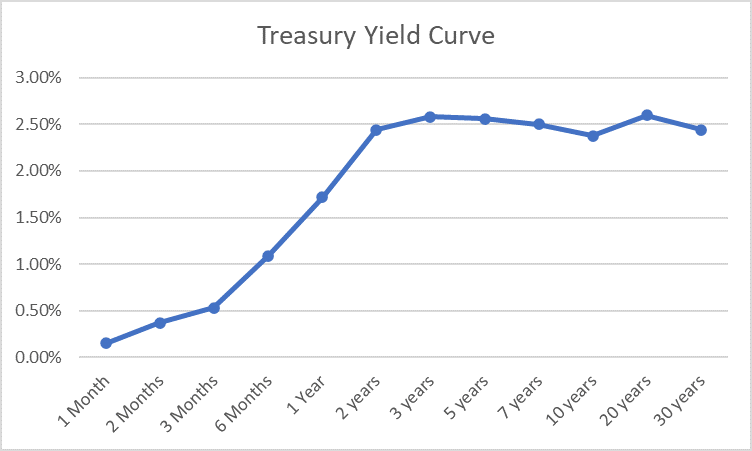
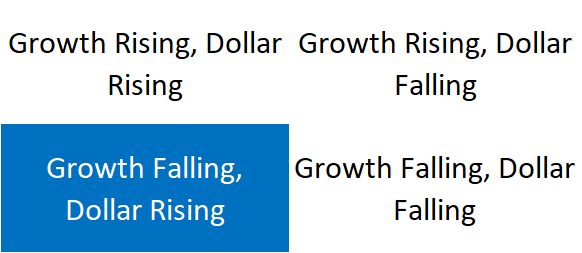

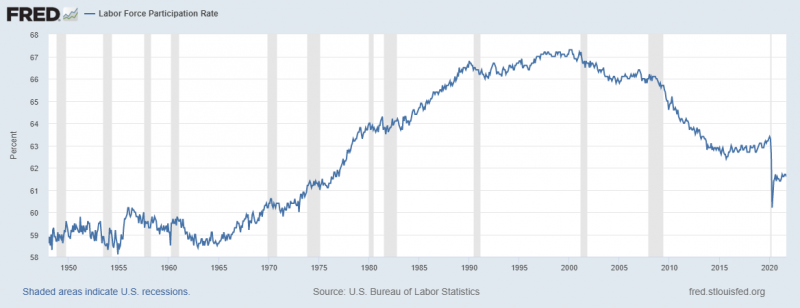

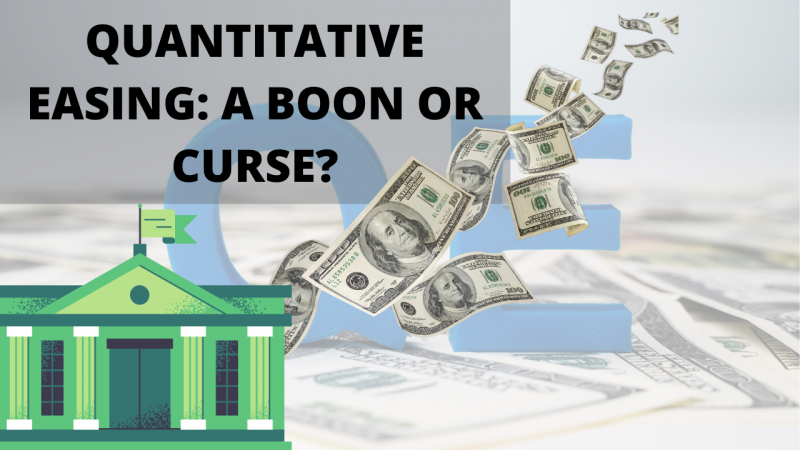
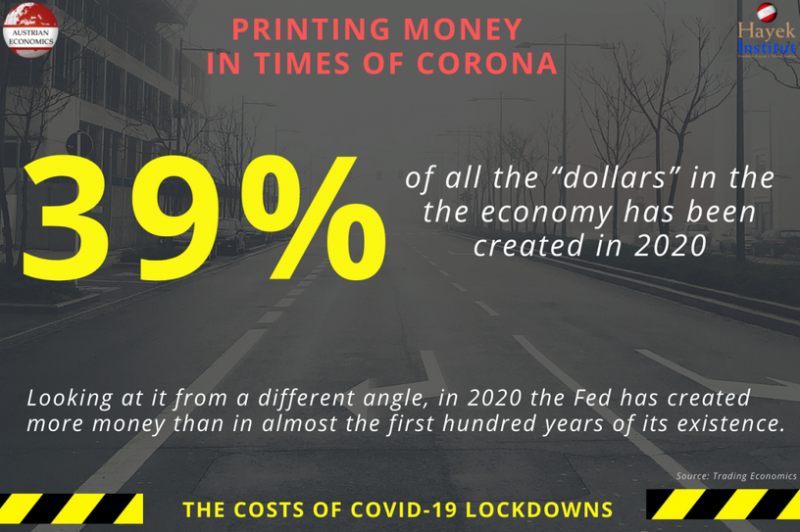
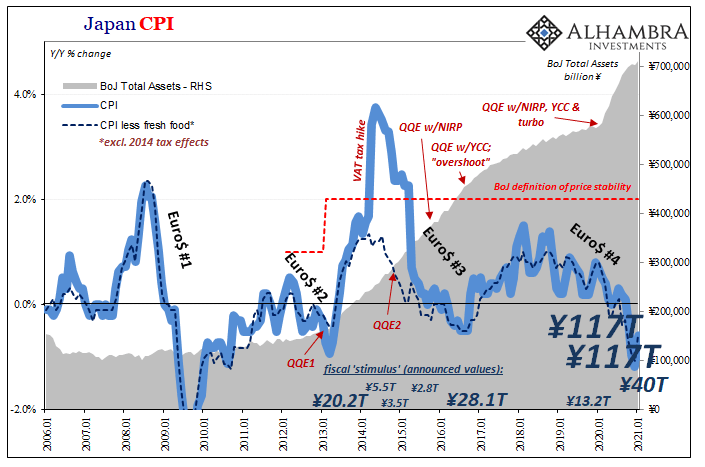

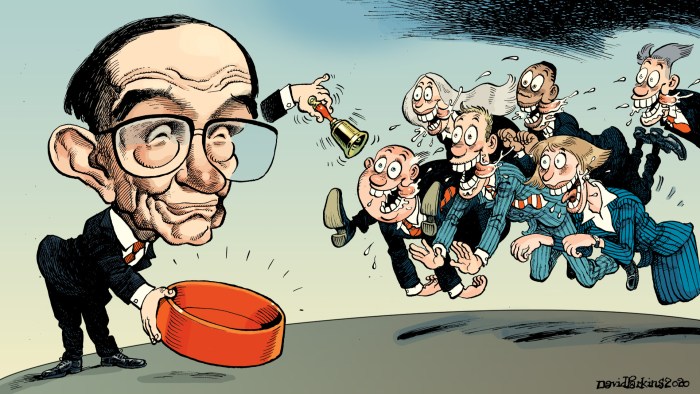
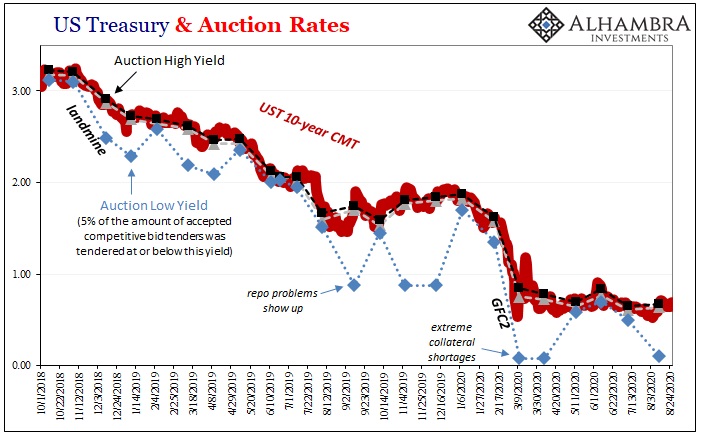
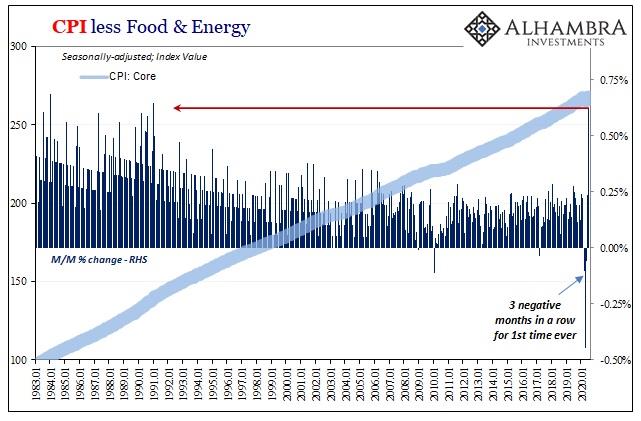

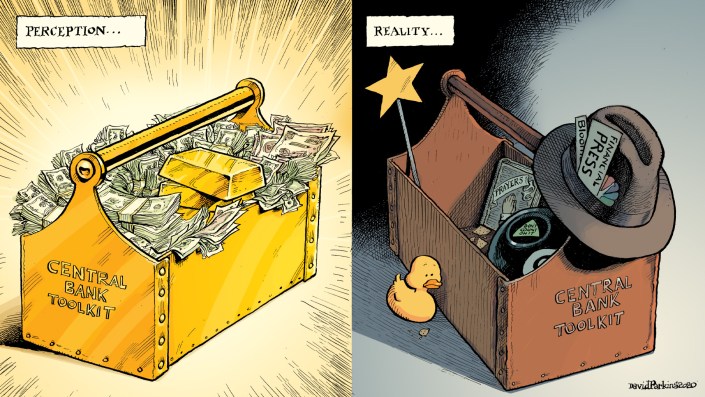
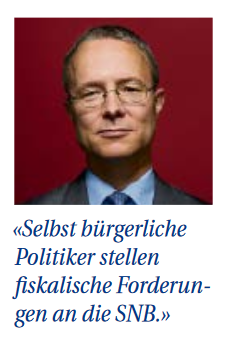

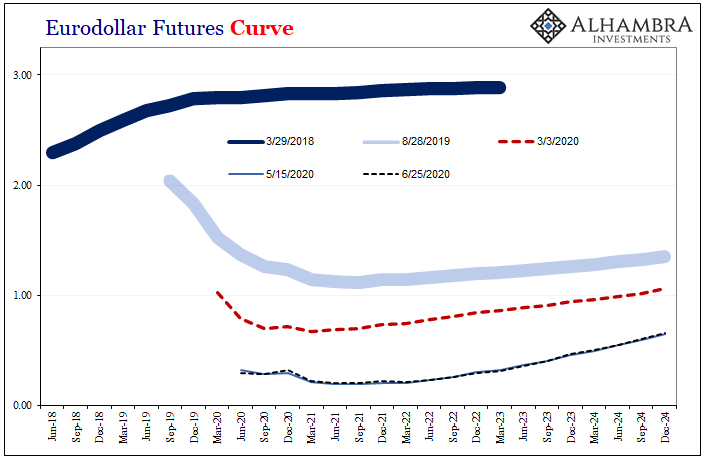
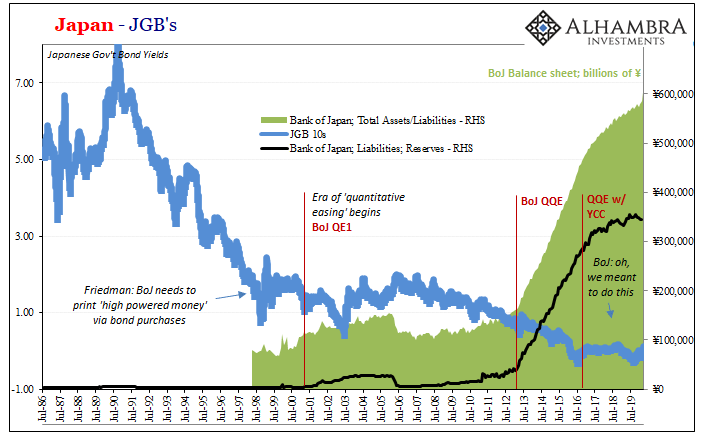














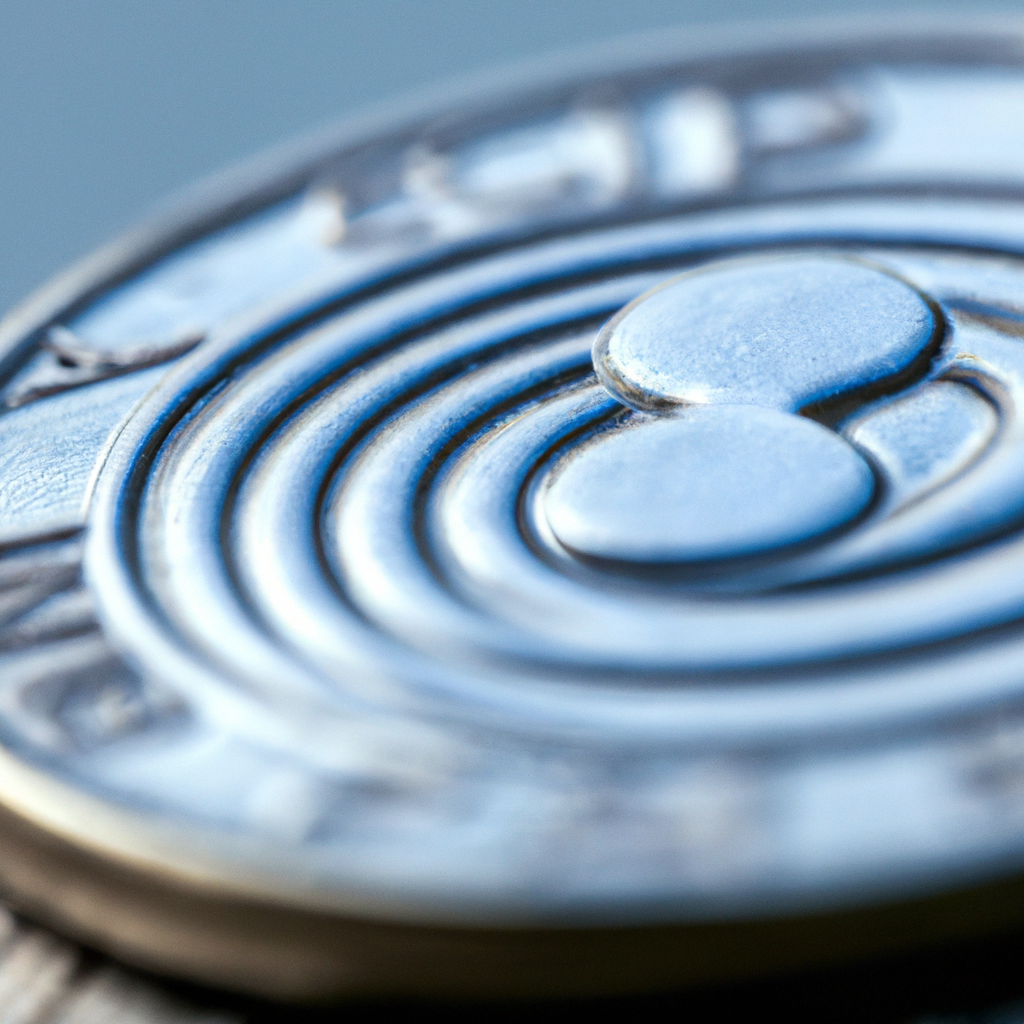
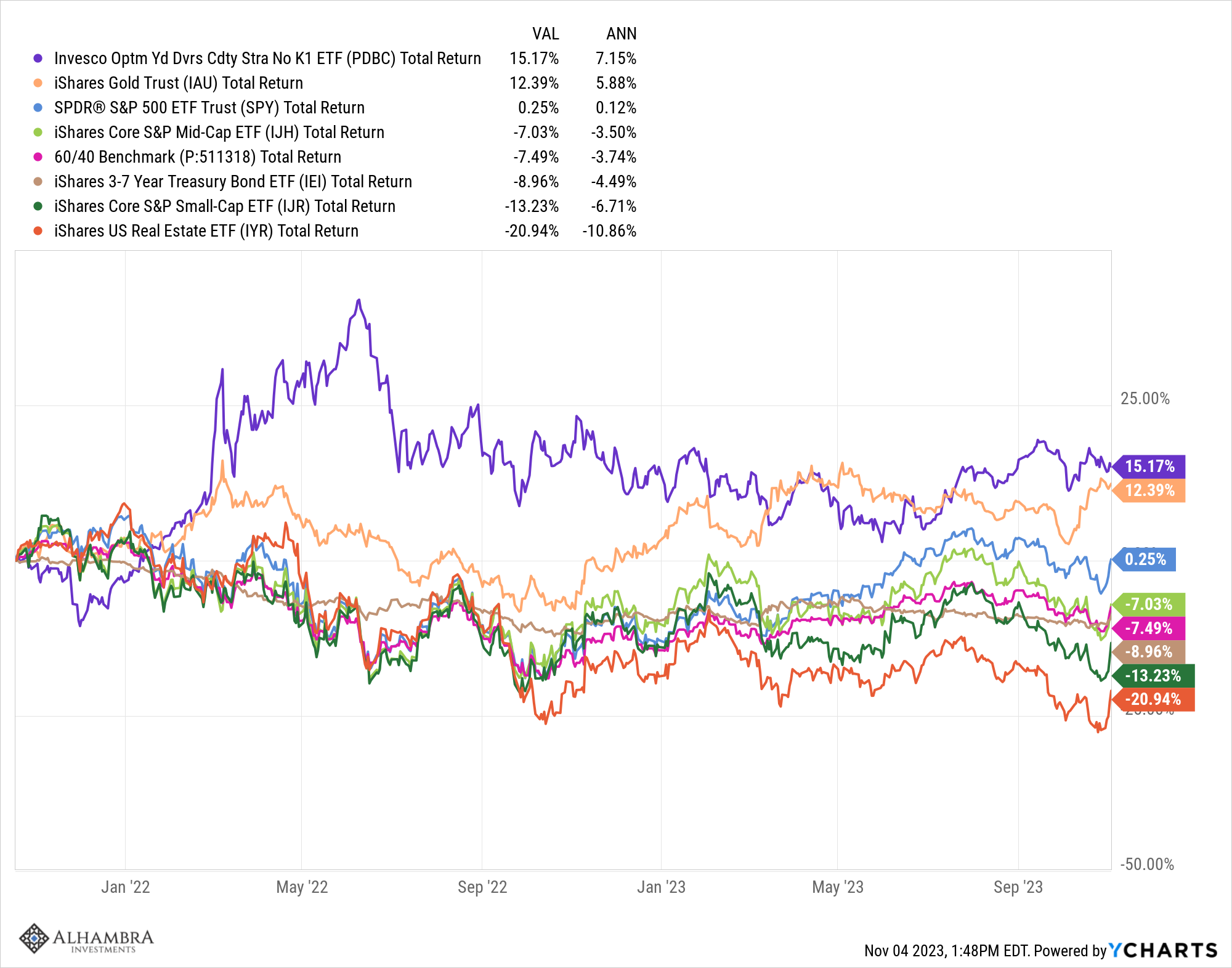



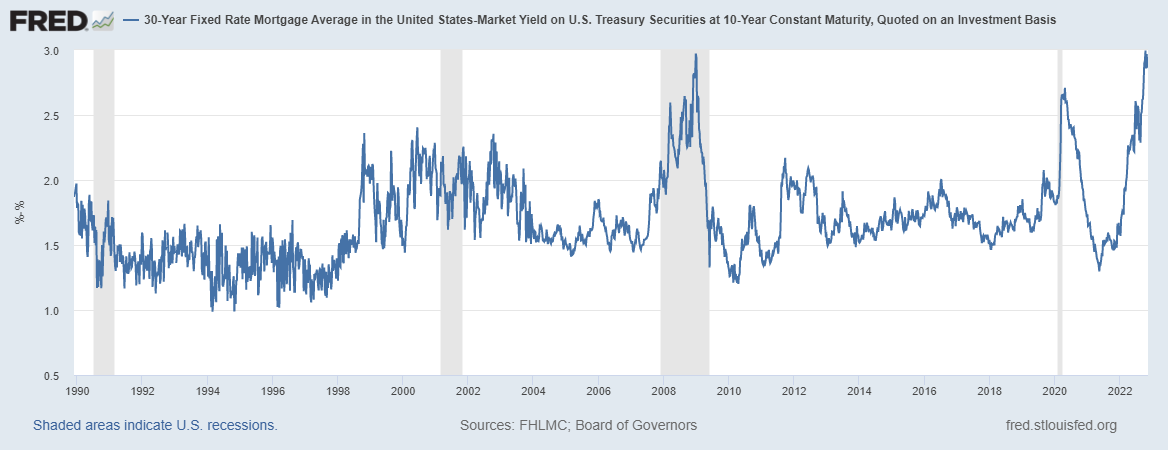



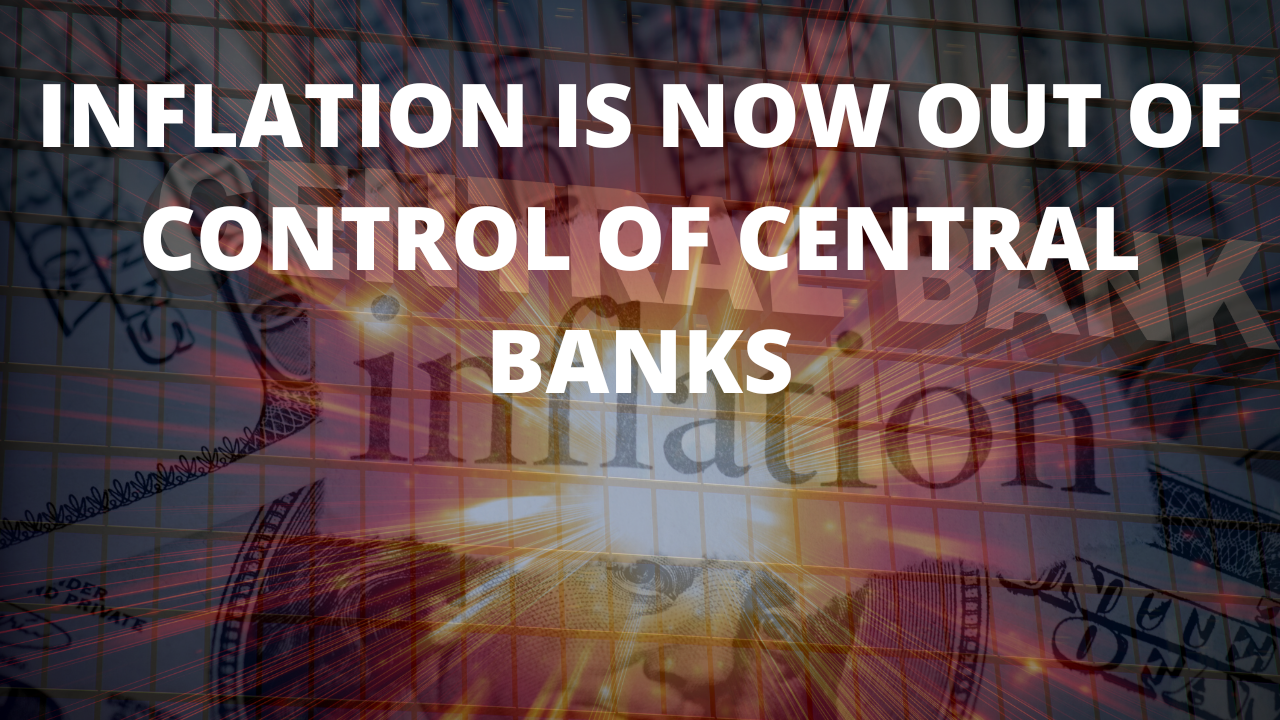
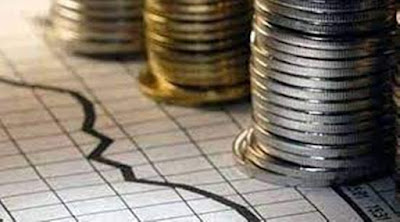
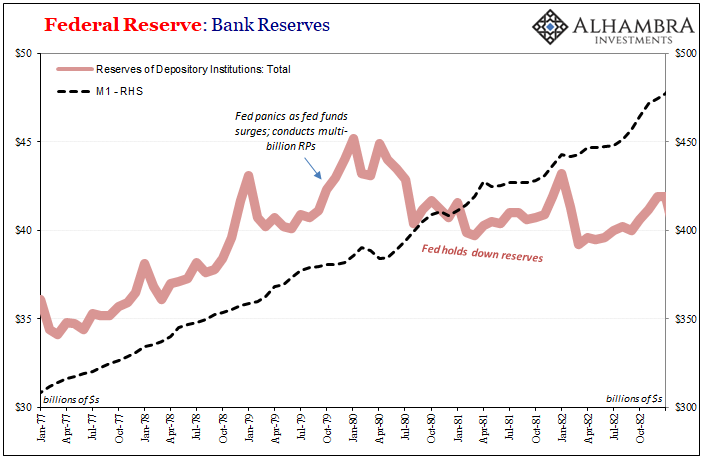
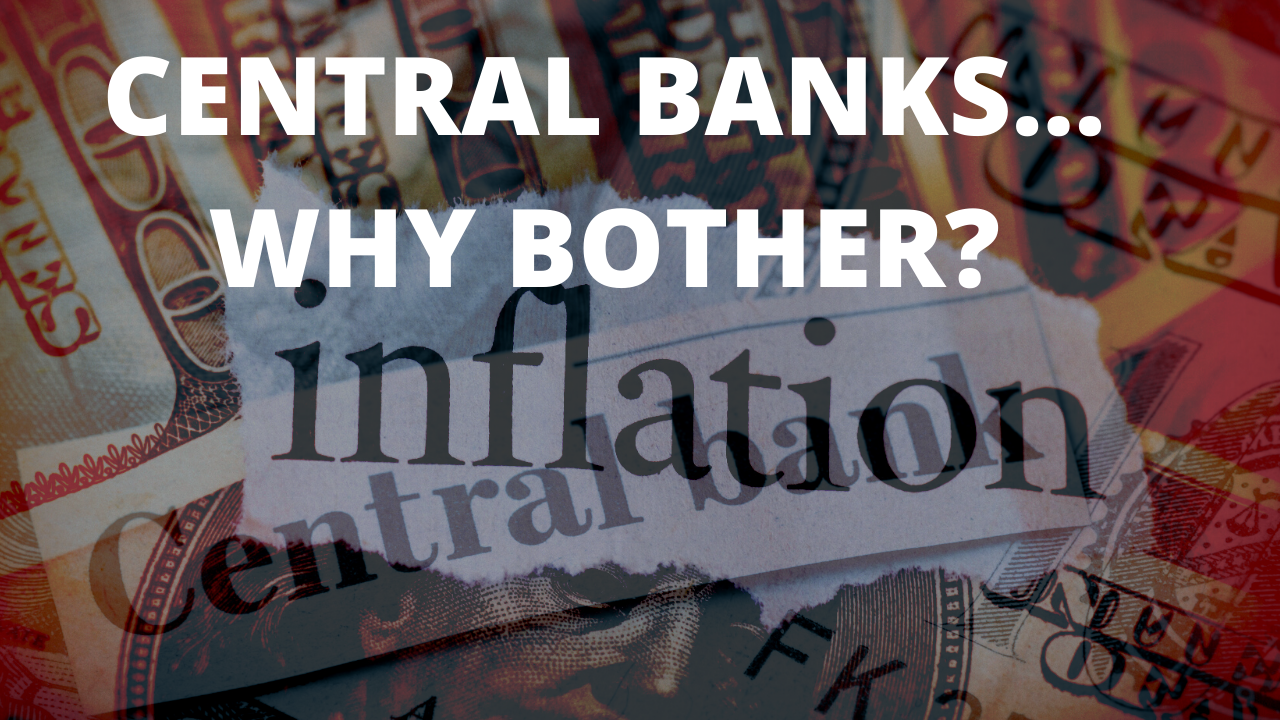
The ‘Fed Put’ – Gone Until There’s Blood in the Streets
2022-01-30
by Stephen Flood
2022-01-30
Read More »